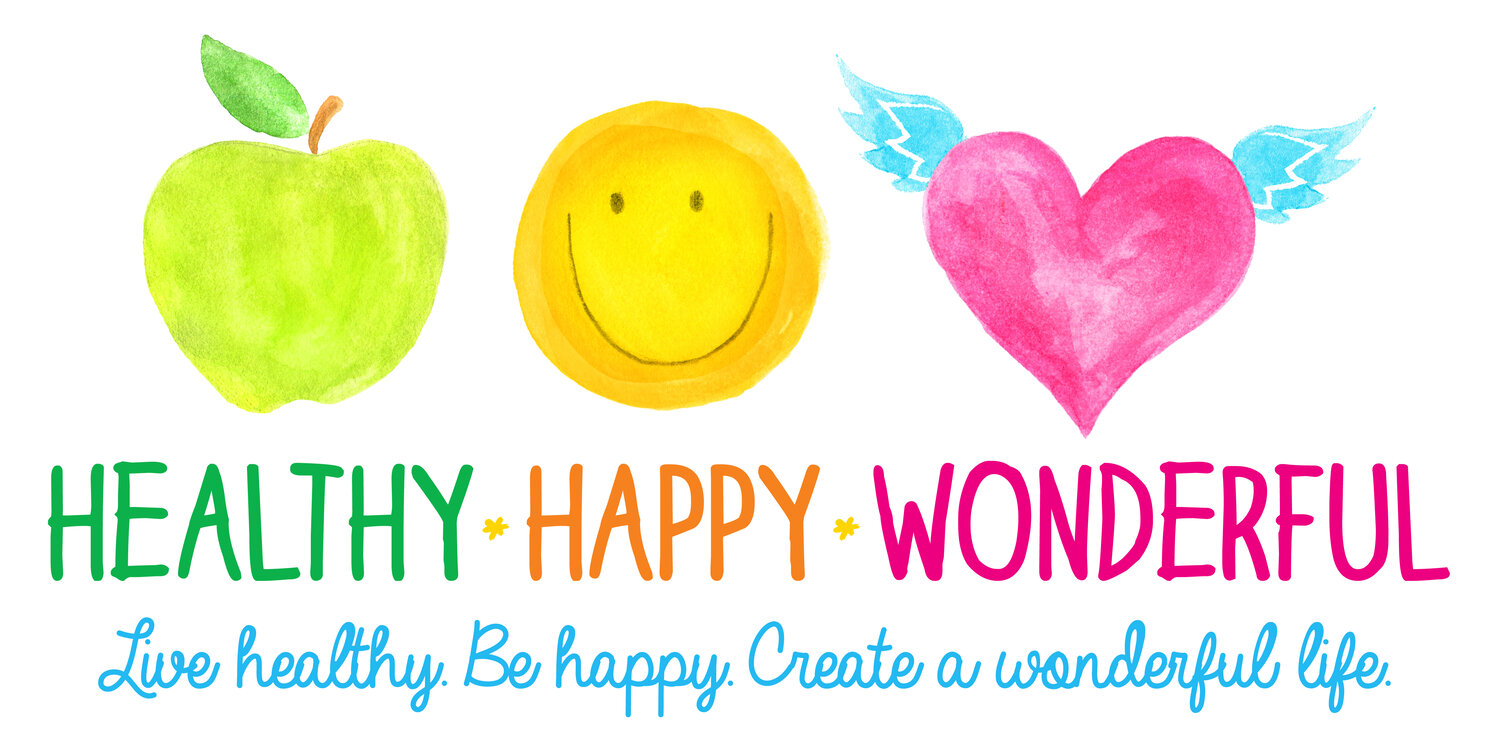What's In Your Feel-Good Toolbox?
/We all have days when we feel sad, stressed or angry. And we all have our favourite go-to strategies to make ourselves feel better.
But the problem is, we often have some less-than-ideal tools that we use when we’re sad, angry, bored or just BLAH!
Things like:
Mindless Eating (and Overeating): This is one of our most overused self-soothing, emotion-numbing coping mechanisms.
Alcohol: Booze can certainly take the edge off after a stressful day, but it is an unhealthy double-edged sword. I have a series of posts on this topic, so watch this space!
Shopping (especially online shopping): They don’t call it “retail therapy” for nothing. Sure, it can make you feel better in the moment, but it can also lead to out-of-control credit card debt and financial stress, as well as cluttering our homes with too much unnecessary “stuff”.
Mindless social media scrolling: It can certainly distract, but the research is pretty clear that spending lots of time on social media can actually leave us feeling worse.
We turn to these distractions when we feel bad because they work. And by that I mean that they can make us feel better in the moment. There’s nothing wrong with a session on the sofa with a big tub of ice cream and a spoon, or cracking open a bottle of wine after work - if it’s done mindfully and very occasionally. But the problem is that our comfort-seeking coping mechanisms can become entrenched consistent habits. And over time these habits can take a terrible toll on our health, wellbeing, finances and relationships.
So I’m proposing we take a look at all the tools in our Feel-Good Toolbox, take note of the ones that are not helpful in the long-term and choose some healthier tools to replace them.
Things like:
Exercise: Cardio exercise in particular has been shown to be an effective stress-reliever and mood-enhancer in both the short and long-term.
Learning and practising a new skill, hobby or language that has long interested you: Leaning new skills, and practising hobbies we enjoy, can boost our mood and also put us into a state of “flow”, the term coined by positive psychologist Mihaly Csíkszentmihályi for that awesome feeling of “being in the zone”, where time just flies by.
Practising mindfulness: Engaging in mindfulness rituals like meditation, mindfulness walks or yoga can reduce your stress and boost your mood.
Dance: Dance combines the mood-lifting, stress-busting benefits of cardio exercise with the mental challenge of learning and practising new steps. It can also serve as a “moving meditation” depending on which style you choose.
Scheduling fun, healthy activities with friends and family: “Tend and befriend” is the term psychologists use for a very effective female response to stress. In contrast to “fight or flight”, researchers have documented that women also respond to stress by tending to their family and making or strengthening relationships. Sheduling time to reach out to trusted friends and create memories with our families
Watching funny or uplifting movies, television shows or youtube videos: As the old saying goes, “laughter is the best medicine”. And it does in fact have beneficial effects on our central nervous system, stress levels and mood.
All of these stress-busting mood-boosters are just as effective as our first list of coping mechanisms, but the key difference is that they are beneficial for us even if we engage in them consistently and over the long term. They are in fact a “win-win” proposition - your mood will improve in the short term, and over the long term your wellbeing will improve, whether it is through increased fitness, enjoyable new hobbies, a wider social circle or stronger relationships with the people who matter the most to us.
Are you ready for a change to your feel-good tools?
Try this:
1. Block out some time and write a list of all the things you currently do to self-soothe when you feel sad or stressed.
2. Take a look at the list, identify the ones you engage in most often and mark which ones are not benefiting your wellbeing over the long-term.
3. Choose one or two new strategies to try next time you feel bad, blue or blah. When you find yourself reaching for a bottle of wine or tub of ice cream or your phone, choose instead to try one of your new strategies; go for a walk, hit the gym, watch a funny movie or catch up with a trusted friend.
It can take anywhere from several weeks to several months to establish and embed a new habit. So persist until your healthier new coping strategy replaces your less-than-healthy old one.
Good luck!













